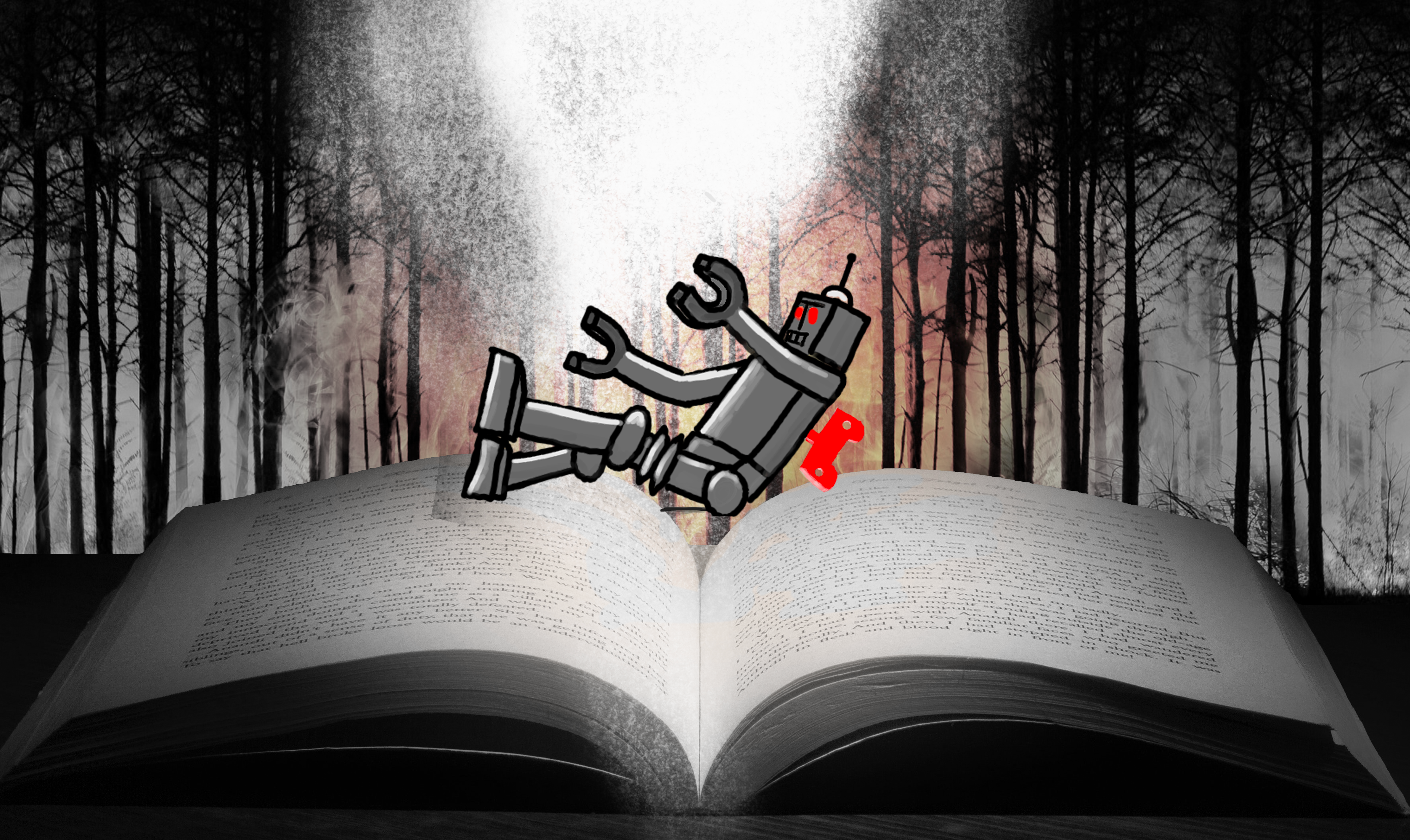Poetry at the first steps of Artificial Intelligence
DOI:
https://doi.org/10.5399/uo/hsda/7.1.6Abstract
This paper is about Artificial Intelligence (AI) attempts at writing poetry, usually referred to with the term “poetry generation”. Poetry generation started out from Digital Humanities, which developed out of humanities computing; nowadays, however, it is part of Computational Creativity, a field that tackles several areas of art and science.
In the paper it is examined, first, why poetry was chosen among other literary genres as a field for experimentation. Mention is made to the characteristics of poetry (namely arbitrariness and absurdity) that make it fertile ground for such endeavors and also to various text- and reader-centered literary approaches that favored experimentation even by human poets.
Then, a rough historic look at poetry generation is attempted, followed by a review of the methods employed, either for fun or as academic projects, along Lamb et al.’s (2017) taxonomy which distinguishes between mere poetry generation and result enhancement. Another taxonomy by Gonçalo Oliveira (2017), dividing between form and content issues in poetry generation, is also briefly presented.
The results of poetry generators are evaluated as generally poor and the reasons for this failure are examined: inability of computers to understand any word as a sign with a signified, lack of general intelligence, process- (rather than output-) driven attempts, etc.
Then, computer-like results from a number of human poetic movements are also presented as a juxtaposition: DADA, stream of consciousness, OuLiPo, LangPo, Flarf, blackout/erasure poetry. The equivalence between (i) human poets that are concerned more with experimentation more than with good results and (ii) computer scientists who are process-driven leads to a discussion of the characteristics of humanness, of the possibility of granting future AI personhood and of the need to see our world in terms of a new, more refined ontology.
Downloads
Published
Issue
Section
License
Copyright (c) 2022 Christina Linardaki

This work is licensed under a Creative Commons Attribution-NoDerivatives 4.0 International License.
Authors who publish with this journal agree to the following terms:
- Authors retain copyright and grant the journal right of first publication with the work licensed under a Creative Commons Attribution No Derivatives License that allows others to share the work with an acknowledgement of the work's authorship and initial publication in this journal.
- Article and journal metadata is released under a Creative Commons Attribution license.
- Authors may enter into separate, additional contractual arrangements for the non-exclusive distribution of the journal's published version of the work (e.g., post it to an institutional repository or publish it in a book), with an acknowledgement of its initial publication in this journal.
- Authors are permitted to post their work online (e.g., in institutional repositories or on their website) prior to and during the submission process, as this can lead to productive exchanges, as well as earlier and greater citation of published work (See The Effect of Open Access). Indicate that the manuscript is under submission.

